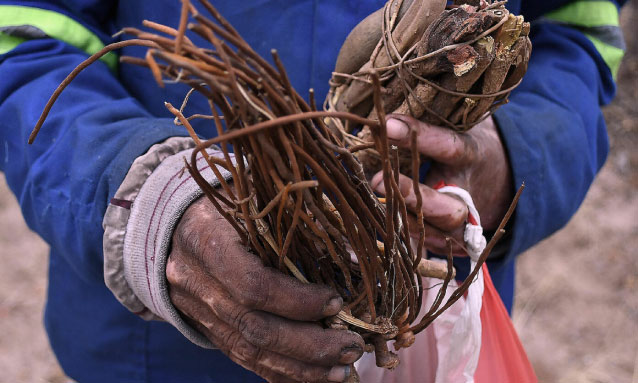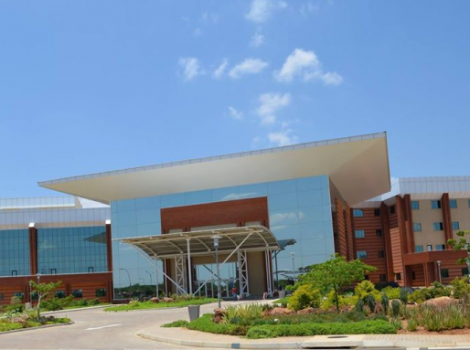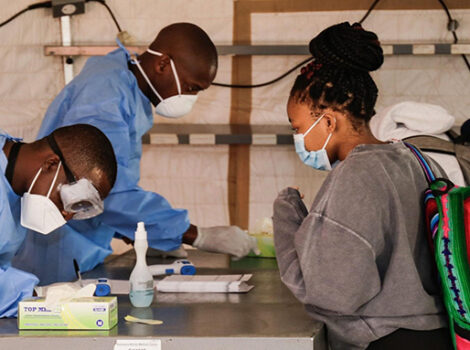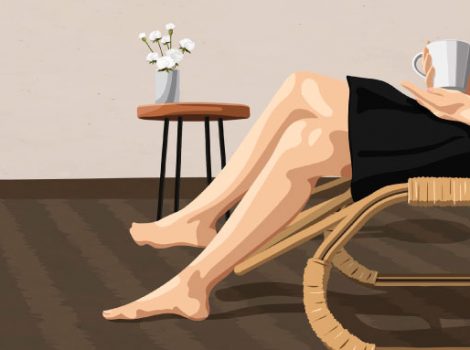
The Ministry of Health (MoH) recently held the second National Health Research Symposium at the Gaborone International Conference Centre (GICC). The Symposium, whose theme was “Unearthing Health Research for Better Uptake: Linking Research and Policy Practice,” showcased several health research initiatives carried out by researchers as well as institutions such as the University of Botswana and the Botswana Institute for Development Policy Analysis (BIDPA).
Although speakers at the Symposium discussed a variety of topics, including cancer research, the success of antiretroviral therapy (ART) for HIV in children under five and erectile dysfunction, among others, what stood out was the need to scale up the use of traditional medicine.
The Symposium called on Botswana to scale up the use of traditional medicine whose uptake is still relatively low. Some of the speakers indicated that this is the best time to harness traditional medicine for population health needs as stipulated by the World Health Organisation (WHO) Traditional Medicine Strategy 2014–23.
“I think it is time that as a country we really take advantage of the rich traditional medicines that we have in the country,” said one speaker, adding that Botswana must further its research and look into the manufacturing industry.
She also used Hoodia Rooibos from Kgalagadi as an example. She claimed the product was used abroad and then sold back to Botswana. Other speakers also stressed the importance of Botswana capitalising on the country’s rich traditional medicine resources by conducting tests to determine what drugs can be manufactured using traditional medicine.
A paediatrician working at Princess Marina on a partnership between the United Kingdom (U.K.) and Botswana said there is a need to integrate traditional medicine techniques such as heavy metal detection into clinical toxicology. He said the failure to establish the testing capacity to determine the side effects of these drugs was a problem for them.
“As a Paediatrician, we encounter a lot of adverse effects which are temporarily associated with traditional medicine ingestion in children. And we don’t have access to a clinical toxicology lab,” he said adding that sometimes they take their samples to the “forensics toxicology lab, and they often don’t have the type of technology to search for what we are looking for, including heavy metal intoxication.
WHO is working with research institutions to select traditional medicine products which can be investigated for clinical efficacy and safety for various diseases. In addition, the Organisation will continue to support countries as they explore the role of traditional health practitioners in the prevention, control and early detection of viruses.
“WHO welcomes every opportunity to collaborate with countries and researchers to develop new therapies and encourages such collaboration for the development of effective and safe therapies for Africa and the world,” says WHO.
Source: https://www.sundaystandard.info/experts-advise-botswana-to-harness-traditional-medicine/



